Meet the Owner
Edgewood Apiaries
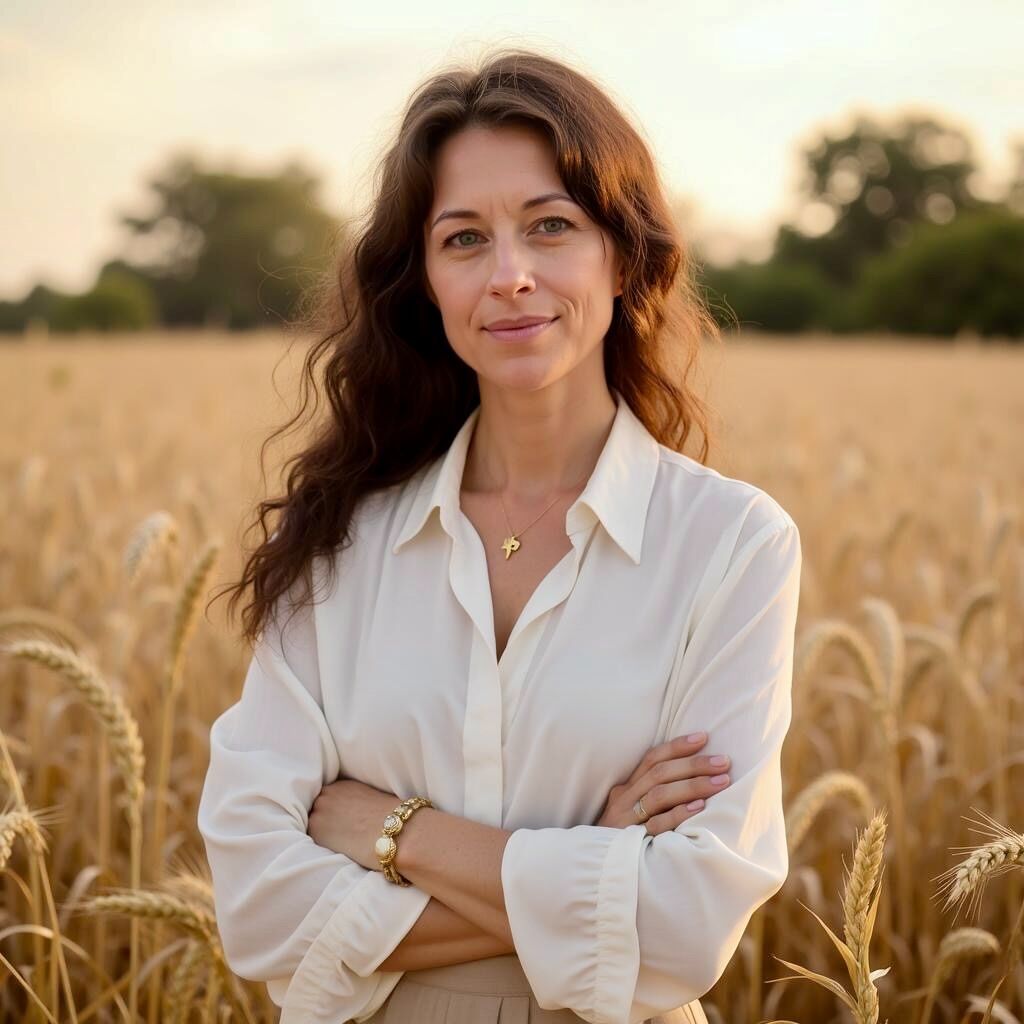 Root to Table Partner Profile
Root to Table Partner Profile
“Every jar, bar, or batch carries a story of place — your journey with the bees.”
Farm Facts – Edgewood Apiaries
Founded: 2021
Location: Bremo Bluff, Virginia (100+ acres of hardwood forests, tulip poplars, streams, and natural corridors)
Signature Forage: Tulip poplar and regional hardwood nectar flows
What They Offer: Raw honey, beeswax, pollen, propolis, premium foods, and personal-care goods
Tours: Private, by appointment via website
Website: edgewoodapiaries.com
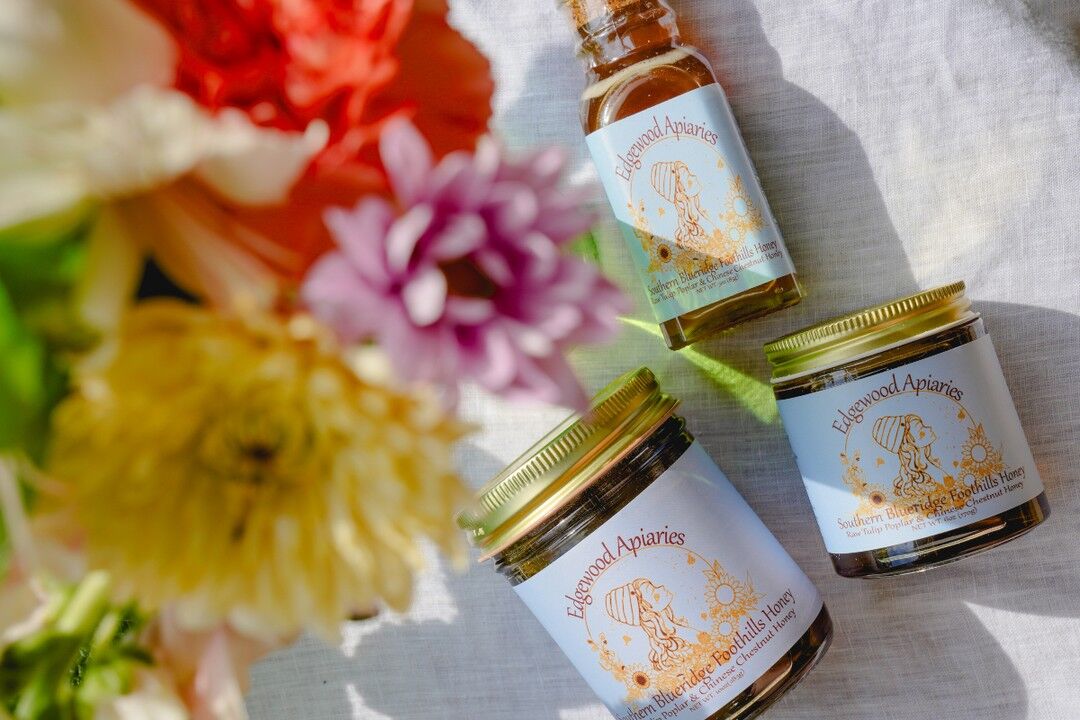
Get to Know Edgewood Apiaries
Born as a deliberate investment in land stewardship, pollinator health, and sustainable agriculture, Edgewood Apiaries launched with 60+ bee colonies and an ambitious goal: connect people to the full power of the hive. Beyond honey, they transform wax, pollen, and propolis into premium foods and personal-care goods — each product reflecting Virginia’s terroir and a tight bond with the land.
Rooted in three guiding principles — connection, quality, and readiness — Edgewood elevates apiculture from a single product into a holistic ecosystem that supports pollinators, protects habitat, and strengthens community.
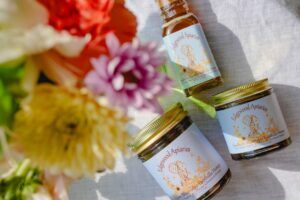
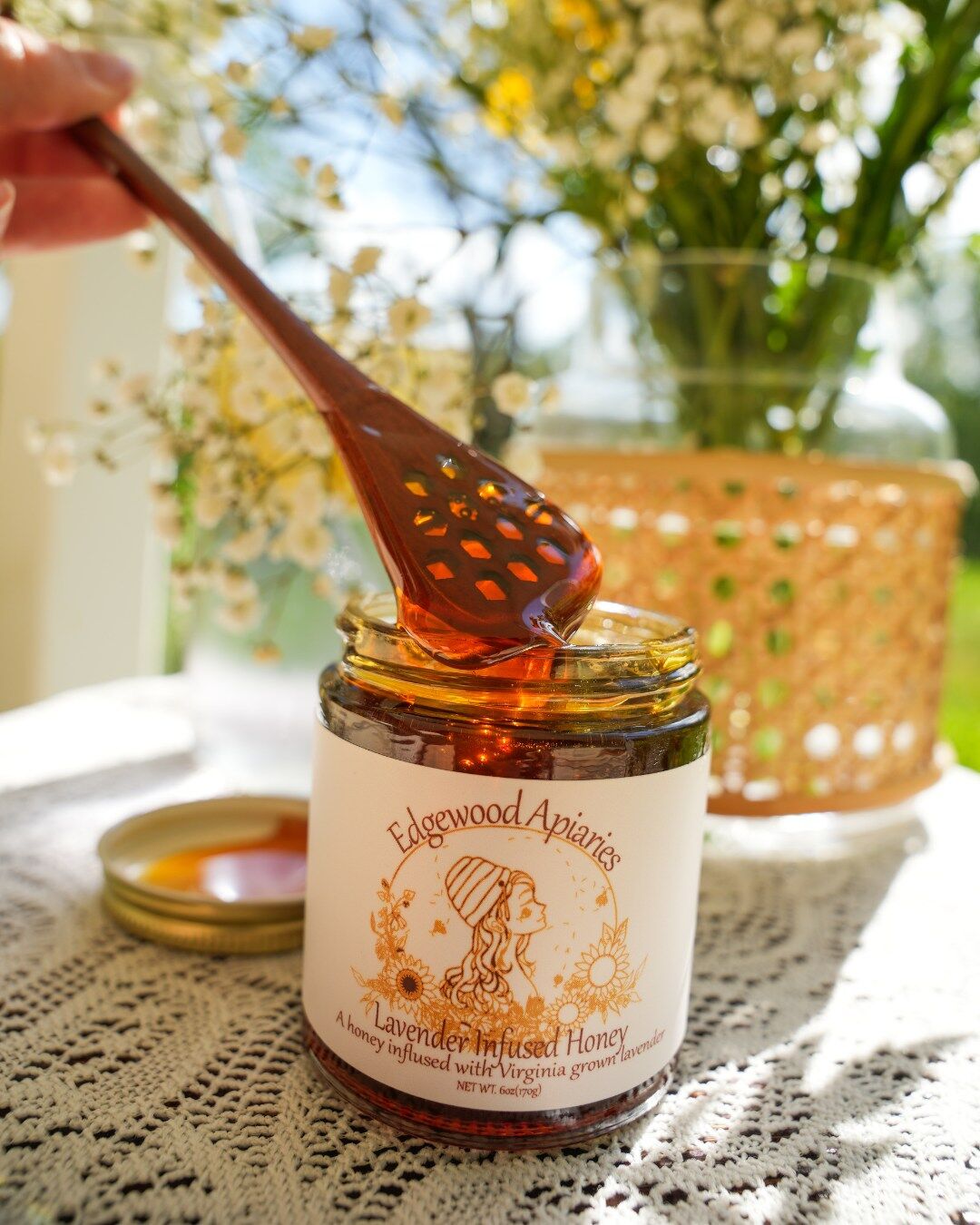
Mission & Values
Steward the land. Protect pollinators. Strengthen community.
Edgewood’s mission is to deliver the richness of the hive to neighbors, chefs, and families through sustainably made goods that taste of Virginia — and to build a network of aligned beekeepers statewide.
-
Protect Pollinators: Prioritize colony health and resilience
-
Honor the Land: Habitat preservation and low-input management
-
Strengthen Community: Partnerships with chefs, vintners, artisans, and Root to Table
“Edgewood’s goal is to connect customers and community to the hive through sustainable, high-quality products that reflect Virginia’s land and heritage.”
—Amanda Sweeney, Owner
Tell us about how your farm began.
“Edgewood Apiaries began in Bremo Bluff, Virginia not as a pastime, but as a deliberate investment in land stewardship, pollinator health, and sustainable agriculture. From the very beginning, the vision was ambitious: to establish a working farm that paired traditional apiculture with forward-looking product development and strong community partnerships.
The farm launched with over 60 colonies of bees, reflecting a commitment to scale and impact from day one. Its mission has always extended far beyond honey—cultivating the full power of the hive: honey, wax, pollen, and propolis, transformed into premium foods and personal-care goods. Every product is designed to connect customers directly to the richness of the hive and the land it depends on.
At its core, Edgewood Apiaries was founded on three guiding principles: connection, quality, and readiness. Connection to the community through shared food culture, quality that reflects Virginia’s terroir, and readiness to bring sustainable, authentic products to market. This foundation continues to define the farm today, ensuring that every jar, bar, or batch carries the original vision forward—positioning Edgewood Apiaries as a regional leader in pollinator-driven agriculture, not just a supplier of jars at market.”
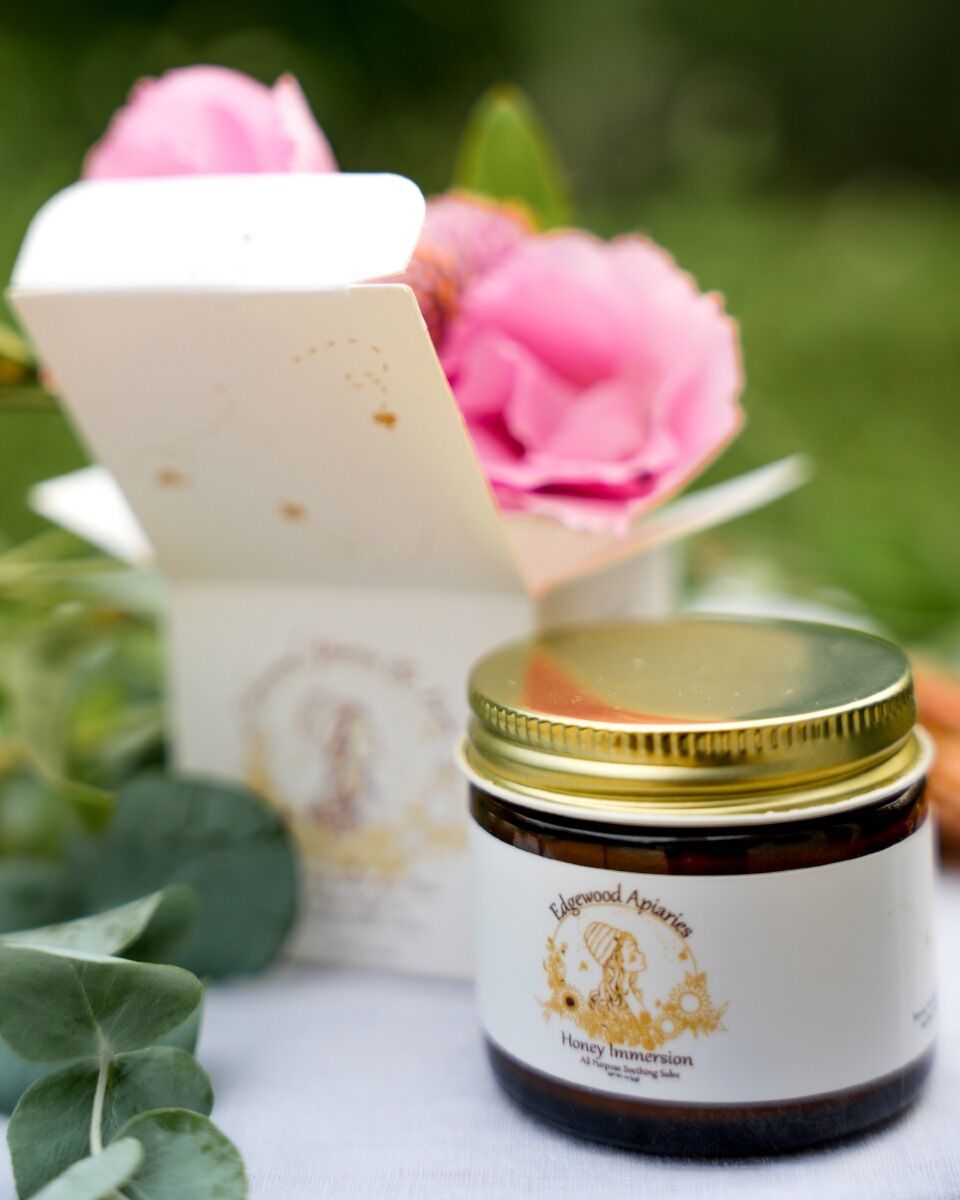
What do you want people to understand or appreciate about farming and fresh food?
“Edgewood wants people to see apiculture as essential, holistic, and beautiful: not just about honey, but about ecosystems, sustainability, community, and story.”
- Bees Are More Than Honey
Most people equate beekeeping with honey, but Edgewood teaches that the hive is a complete ecosystem. Beeswax, pollen, and propolis each have unique benefits and uses, and appreciating the whole hive helps customers see value beyond the jar. - Apiculture Protects Our Food Supply
One out of every three bites of food depends on pollination. Edgewood shows that beekeeping is not just about products, but about sustaining agriculture itself. When you buy from Edgewood, you’re supporting pollinators that keep orchards, farms, and gardens thriving. - Sustainable Beekeeping = Stewardship
Apiculture isn’t just an agricultural practice; it’s a stewardship role. Customers should understand that responsible beekeeping balances the health of bees, the land, and the humans who benefit. Edgewood’s brand promise highlights that commitment to sustainability. - The Hive Reflects Community
Bees thrive because of their interconnectedness—every role in the hive matters. This is a metaphor Edgewood uses: supporting the farm isn’t just buying honey, it’s joining a community built on cooperation, shared resources, and collective strength. - Every Jar Carries a Story of Place
Honey isn’t uniform; it carries the signature of the land, the flowers, and the season. Edgewood encourages customers to taste honey like wine — each harvest is a terroir-driven expression of Virginia, and appreciating that deepens the product’s value. We also want customers to be familiar with their beekeepers; it’s not just about us. It’s a network of keepers we are empowering throughout the state of Virginia. Scan the label’s QR code and get connected!
Do you use sustainable, organic, or other specific growing practices? If so, please describe.
“Our beekeeping practices are built to balance production with pollinator well-being, ensuring strong, thriving colonies year after year.
Our bees forage abundantly on tulip poplar and other hardwood trees across our Virginia landscape, drawing rich nectar during the spring and summer flows. Once the nectar flow ends, we step in only when necessary—providing supplemental feed to support colonies heading into winter. All fall nectar and pollen are left for the bees, giving them the natural, nutrient-rich stores they need to sustain themselves through the colder months.
We manage our colonies with minimal chemical inputs, focusing on preventive health and close monitoring. When treatments are required, we rely exclusively on organic options—such as oxalic and formic acid—applied with extreme care. This approach reduces stress on the bees, preserves the purity of wax and honey, and safeguards the environment.
Our 100-acre farm is home to oak forests, tulip poplars, seasonal streams, and natural forage corridors. By protecting and preserving these habitats, we ensure abundant forage not just for honeybees, but for a wide range of native pollinators that share the landscape.”
What do you grow or raise on your farm?
“Edgewood Apiaries raises bees, cultivates the full suite of hive products, and nurtures the land and community that make pollinator-driven agriculture thrive.”
Which fruit, vegetable, or crop requires the most care and attention? Why?
“The bees demand the most constant, daily attention, but the land and community require equal long-term focus to sustain Edgewood’s mission and reputation.”
Bee Health (Always First Priority)
Monitoring colony strength, brood patterns, and queen vitality.
Ensuring bees have enough forage and supplemental feed when necessary.
Staying vigilant about pests (like Varroa mites) and diseases, with organic treatments applied carefully and only when needed.
Balancing honey harvest with leaving sufficient stores for overwintering.
Without healthy colonies, everything else—honey, wax, pollen, propolis, and community outreach—ceases to exist.
Land Stewardship
Protecting nectar sources like tulip poplar, oak forests, and wild corridors.
Maintaining water sources such as ponds and seasonal streams.
Preventing chemical contamination and preserving forage diversity for both honeybees and native pollinators.
Healthy land equals healthy bees, and this requires continual attention throughout the year.
Customer & Community Connection
Ensuring that the products you deliver—honey, soaps, pollen, propolis—are consistent, high-quality, and authentically tied to the farm’s story.
Educating customers about the hive’s importance, so they see beyond “just honey.”
Building partnerships with chefs, vintners, and community groups through Root to Table.
The connection piece requires consistent nurturing—it turns farm products into a regional brand.
Which of your crops is most popular with visitors or customers?
Honey (Flagship Favorite)
Raw Honey Jars – Always the top draw, especially when customers can taste the distinct flavor of Virginia’s tulip poplar and wildflower nectar.
Seasonal Variations – People are fascinated by how spring vs. summer honey can taste different; this makes honey not just a product but an experience.
Gifting Appeal – Honey jars in different sizes are popular as gifts, especially during the holidays.
Honey is the product that introduces most people to Edgewood and anchors their relationship with the farm.
Specialty & Value-Added Products
Honey-Infused Soaps – Visitors love that they can take home something handcrafted, natural, and functional that reflects the farm.
Pollen & Propolis Products – Increasingly popular among health-conscious customers looking for natural wellness boosts.
Unique Flavors & Infusions – Things like truffle honey or ginger-garlic ferments spark curiosity and give Edgewood a premium, culinary edge.
These products deepen customer loyalty by showcasing the full power of the hive.
The Story & Experience
Customers are captivated by the narrative of pollinators, land stewardship, and the “Journey with the Bees.”
Many enjoy learning that the honey’s flavor is tied to tulip poplars, hard wood forests, and Virginia terroir.
Visitors are drawn to the farm identity itself—the idea that they’re buying not just a jar, but a piece of Virginia’s landscape and story.
Experience-driven storytelling often creates more brand loyalty than the product alone.
Which of your crops do you think is underrated?
The most underrated parts of Edgewood are the wellness products (pollen & propolis), the terroir story, and the sustainability practices that set us apart from a “typical” honey producer.
Pollen & Propolis
Visitors often don’t realize how nutrient-dense, medicinal, and versatile these products are.
Pollen as a superfood and propolis as a natural antimicrobial deserve more spotlight.
These elevate Edgewood beyond “honey farm” to full-hive wellness brand, but they’re often overshadowed by honey jars.
Terroir & Flavor Story
Many customers don’t know that honey reflects its landscape and season (like wine does).
Tulip poplar and hardwood nectar flows give Edgewood’s honey a signature Virginia character—but unless it’s highlighted, people miss that richness. We try to land that message at in-person events.
Sustainable Practices
Feeding only after the nectar flow, leaving all fall stores for the bees, and using only organic treatments—these are huge differentiators.
Customers love sustainability, but they often don’t know the sacrifices and discipline that go into our methods.
Our partner beekeepers tend to follow most of these same practices; fostering an aligned community.
The Land Itself
The 100 acres of hardwood forests, tulip poplars, seasonal streams, and natural corridors are a priceless asset.
Visitors may see the bees and honey, but they don’t always understand the habitat stewardship behind it all. Keeping our forests from being completely eliminated and replaced with industrial solar or the hot topic of the social/political moment is a massive endeavor.
Do you have a system for using “ugly” or imperfect produce? If so, how is it used?
“Edgewood has a philosophy of using the whole hive and the whole harvest. Imperfections are not flaws—they’re opportunities to create soaps, candles, salves, or tasting experiences that add value in different ways.”
Do you host tours, festivals, or events? If so, please describe them.
“We host private tours: they can be scheduled through our website.”
What other fun or unique experiences can visitors expect on your farm?
“Visitors to Edgewood can expect more than a tour — they’ll enjoy multi-sensory experiences that let them taste, touch, hear, and see the bees’ world, leaving with both products and memories.”
Hive-to-Harvest Tours
Visitors can suit up and safely peek inside a working hive with a beekeeper, seeing firsthand how colonies operate, how frames are pulled, and how honey is harvested. It’s an unforgettable “up-close with the bees” experience.
Honey Tasting Flights
Side-by-side tastings of spring, summer, and fall honey varieties, showing how tulip poplar, wildflower, and hardwood nectars change flavor and color throughout the seasons — like a wine or craft beer flight, but with honey.
Kids’ Bee Experiences
Scaled-down hive models and simple activities to make the visit fun, safe, and educational for families.
More About Amanda
What is your favorite part of being a farmer?
“My favorite part of being a farmer is the daily connection with the bees and the land. There’s nothing like opening a hive and hearing that steady hum, or walking past the tulip poplars in bloom and knowing the bees are hard at work gathering nectar that will become our honey.
I also love sharing that experience with others — watching someone taste raw honey for the first time and seeing their surprise at how different and alive it is. For me, farming isn’t just about producing honey; it’s about caring for pollinators, stewarding the land, and building community around the gifts of the hive.”
What do you believe is the most important part of the work you do?
“At Edgewood Apiaries, our purpose is to invite people on a journey with the bees—a journey of sustainability, stewardship, and flavor rooted in Virginia’s land. From the very beginning, we set out not simply to make honey, but to cultivate the full strength of the hive: honey, wax, pollen, and propolis, all transformed into premium foods and personal-care goods that connect customers to nature’s richness.
Guided by our three principles—connection, quality, and readiness—Edgewood Apiaries is more than a farm; it is a living partnership between pollinators, people, and place. Every jar, bar, or batch carries forward that vision, ensuring that each product isn’t just something you enjoy, but part of a larger story—your Journey with the Bees.”
Final Thoughts
“For us, farming has never been just about producing honey. It’s about building connections. Through engagement with our nonprofit, Root to Table, and collaborations with chefs, vintners, and artisans, we’ve been able to show how pollinators are at the heart of Virginia’s food culture.
Every time we share our honey at a farm dinner, see it paired with local wine or cheese, or watch a chef create something new with it, we’re reminded that the hive’s work goes far beyond our farm. Supporting Edgewood means being part of a larger community—one that values good food, sustainable agriculture, and the land that makes it possible. That’s the real journey with the bees.”

Top Chefs
One thing is for certain when you dine in the Valley, you’re in good hands. Our Top Chefs are dedicated to finding the best local sources to provide a phenomenal food experience which will “wow” you.
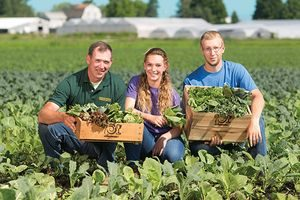
Local Farmers
From protein to produce, our local farms are passionate about their product. Learn about what is in your backyard and start your healthy lifestyle centered around locally sourced food.